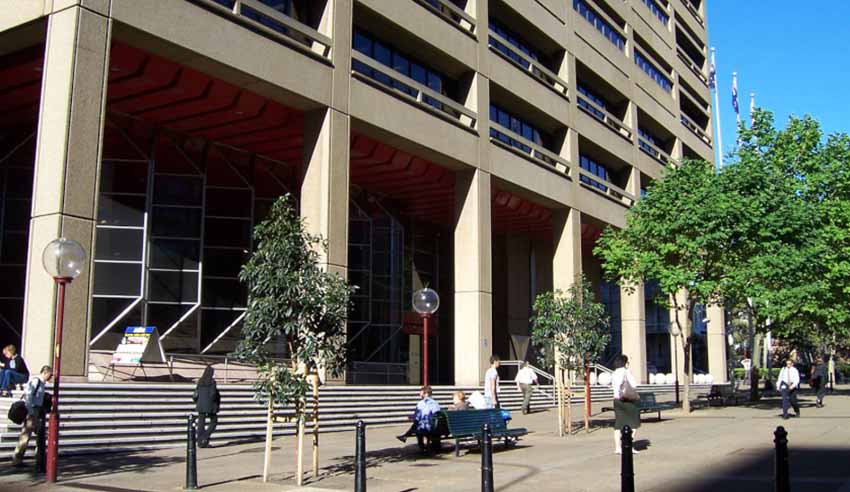A sole practitioner who authorised the transfer of $50,000 out of his practice’s trust account and fabricated invoices to pay wages, rent, and credit card debts has failed to appeal the decision by the NSW Law Society to not renew his practising certificate and to appoint an indefinite manager to oversee his practice.

Together with his bookkeeper, sole practitioner David Clifton authorised the transfer of $51,307 from a trust account to his office account on eight separate occasions between May and September 2018 to pay overdrafts at his practice that included credit card debts, wages, and money due to the Australian Taxation Office.
After a finding of professional misconduct last month, a recommendation was made to the Supreme Court of NSW for the removal of his name from the roll. Ultimately, the Law Society of NSW council decided to not renew his practising certificate and to appoint a manager to the practice, both of which Mr Clifton sought to appeal.
Appearing on behalf of Mr Clifton, barrister Nicholas Beaumont SC submitted that while Mr Clifton had limited insight into his wrongdoing at the time of the tribunal’s decision, he had since “appreciated, through reflection and contemplation …the extent of his wrongdoing and his failure to acknowledge its full extent”.
“Thus, his rehabilitation through the salutary effects of his disciplinary proceedings is complete and there is no need to restrict his right to practice, particularly in circumstances where he will no longer be the principal of the practice and undertakes not to operate any trust account in future,” Mr Beaumont submitted.
Barrister Kate Morgan SC, appearing for the Law Society, argued that although Mr Clifton addressed the impact of the disciplinary proceedings on himself, his family and the staff at his practice, “he did not address, or show insight into, the effect of his misconduct on public confidence into the integrity of the legal profession or his clients’ trust in him, the practice or the legal profession generally”.
Ms Morgan argued that Mr Clifton had not discharged the onus to demonstrate that he was a fit and proper person to hold a practising certificate and further submitted that the gravity of his misconduct and its proximity in time to the present application “prevented the practitioner from discharging the onus” to prove this.
The court accepted Mr Clifton’s evidence that in future, if he was again short of funds, he would seek help from the bank or other finance options “rather than resort to the trust account”. However, Mr Clifton did not give evidence about what he would do if those options were unavailable, as they were at the time of the misconduct.
“I accept that the practitioner has better insight into his wrongdoing than he had when giving evidence in the tribunal. The risk that the practitioner …will resort to the trust account if in need of funds may be adjudged to be relatively low. However, the protection of the public is not limited to this matter.
“I consider that the egregious conduct of the practitioner was such that it would be an affront to the reputation of the legal profession where he would be permitted to continue to practice so soon after the misconduct,” the court found.
On appealing the decision to have a manager appointed to the firm, Mr Beaumont said that if Mr Clifton was unsuccessful in obtaining a practising certificate, “various prohibitions would follow in terms of law practice”, including that he would not be able to be employed by the practice or share in its profits or receipts. Mr Beaumont also submitted that there is now a new principal at the head of the practice.
However, the court took into consideration that Mr Clifton and his wife own all of the “A” class shares in the corporation through which the practice is conduct. While there is a new principal of the practice, there will be a transition period during which the consequences of the statutory prohibitions will take effect on the practice.
“In the meantime, I am not persuaded that it is no longer necessary to have a manager of the practice, for the protection of the clients of the practice. However, I accept the force of Ms Morgan’s submissions that the need for a manager is likely to be finite and will be kept under review by the council,” the court submitted.
The summons was dismissed and, subject to either party applying for a different order within a week, Mr Clifton has been ordered to pay the Law Society’s costs.